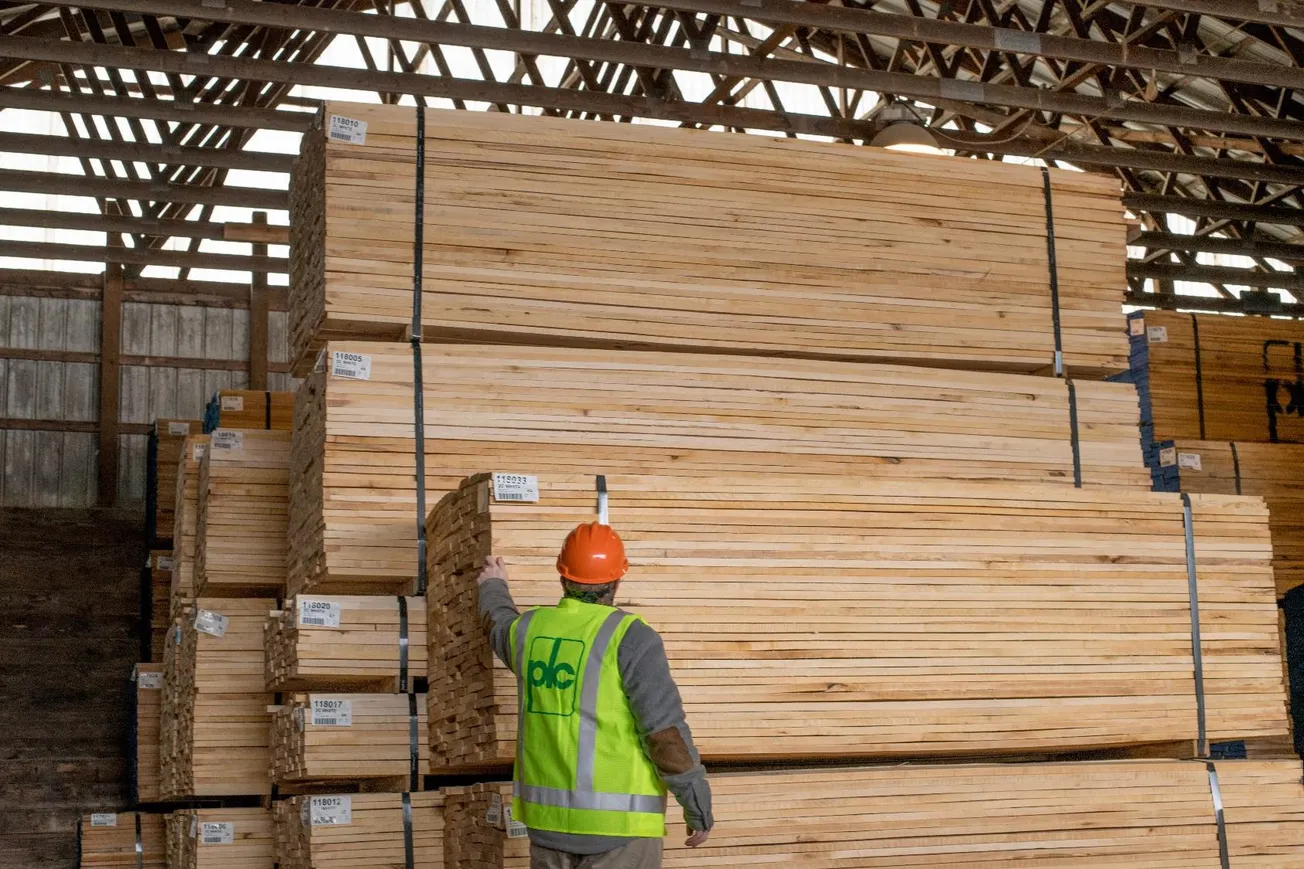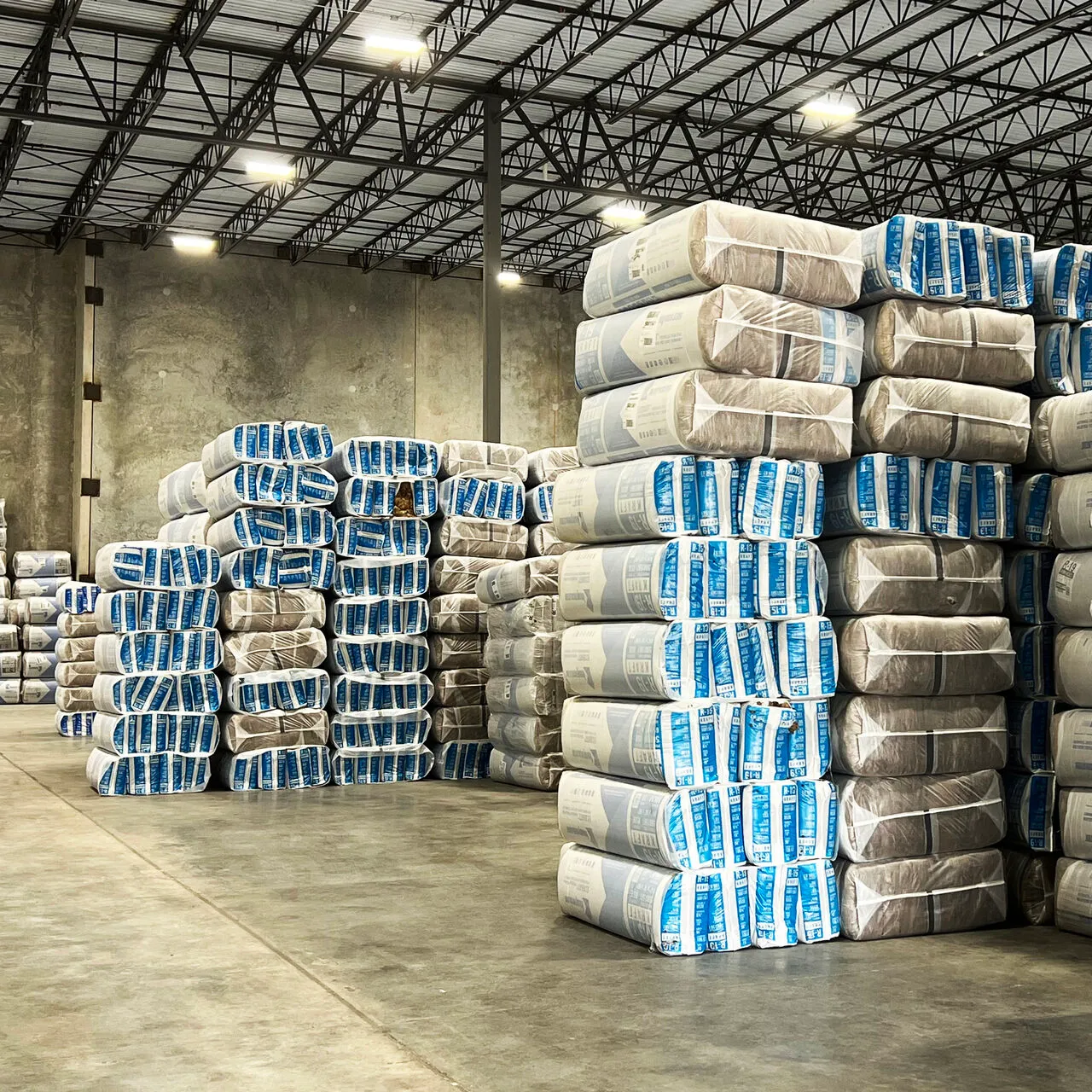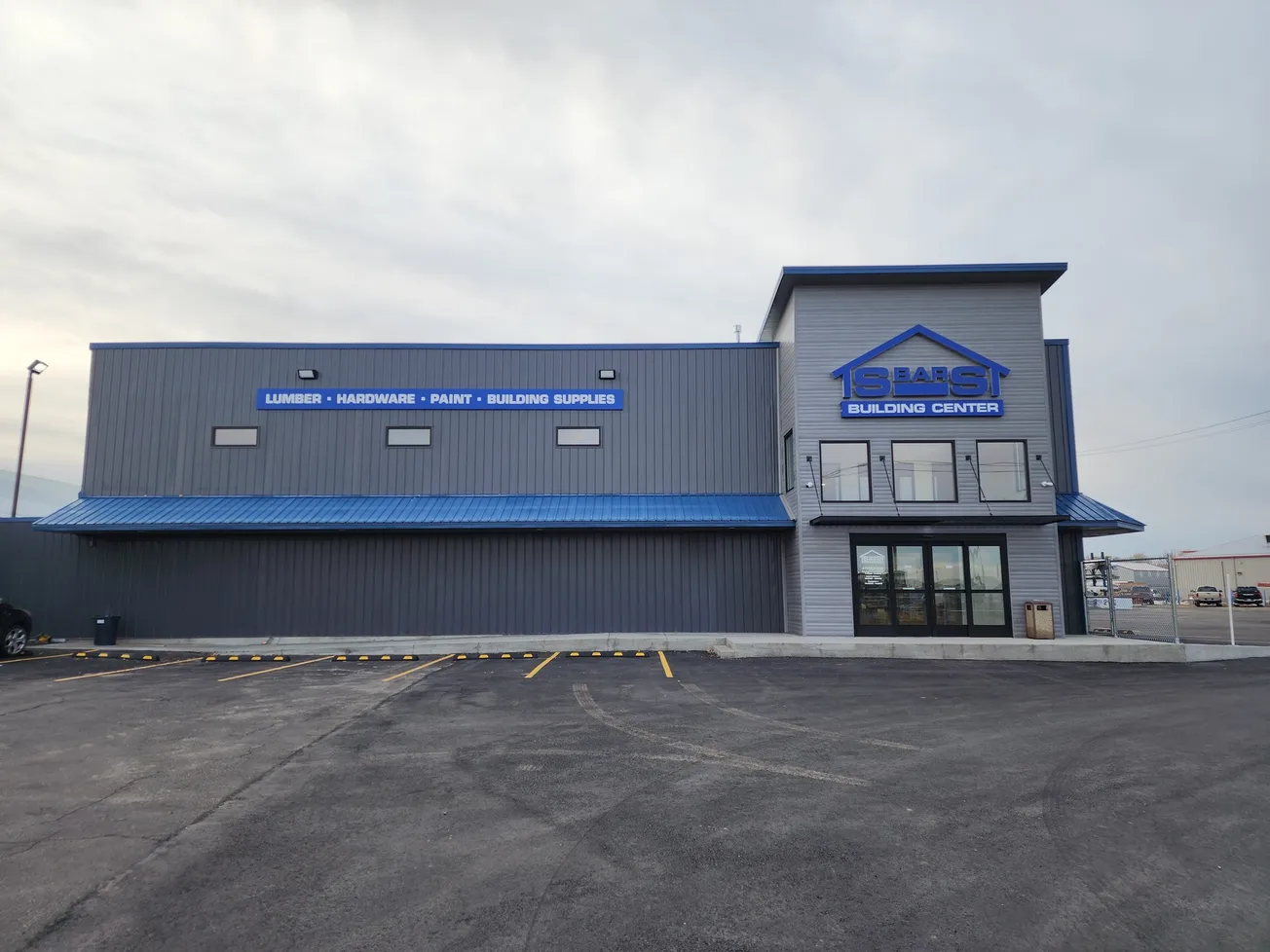Table of Contents
The U.S. International Trade Commission unanimously found there is a reasonable indication that the U.S. wood mouldings and millwork products industry is materially injured due to imports from Brazil and China.
The Commission’s vote comes in response to petitions filed Jan. 8 by the Coalition of American Millwork Producers (CAMP), a coalition of leading U.S. manufacturers of wood mouldings and millwork products. The cases allege that unfairly dumped and subsidized imports of Brazilian and Chinese wood mouldings and millwork products are injuring the domestic industry.
“U.S. producers of wood mouldings and millwork products and their workers are suffering as a result of dumped and subsidized imports from Brazil and China,” said Timothy C. Brightbill, counsel to CAMP and a partner in the International Trade Practice at Wiley. “Today’s vote puts the domestic industry one step closer to restoring a level playing field in the U.S. market.”
On Jan. 29, the U.S. Department of Commerce announced the initiation of antidumping (AD) investigations into imports of wood mouldings and millwork products from Brazil and China, as well as a countervailing duty (CVD) investigation into imports from China. The dumping margins for wood mouldings and millwork product imports are alleged to be as high as 87% for Brazil and 359% for China.
The commission’s affirmative preliminary injury determination paves the way for the Commerce Department to move forward with its investigations. Unless extended, Commerce is expected to issue its preliminary CVD determination in April 2020 and its preliminary AD determinations in June 2020. If Commerce also reaches affirmative preliminary determinations in these cases, provisional AD and CVD duties will be collected based on the preliminary margins calculated.





